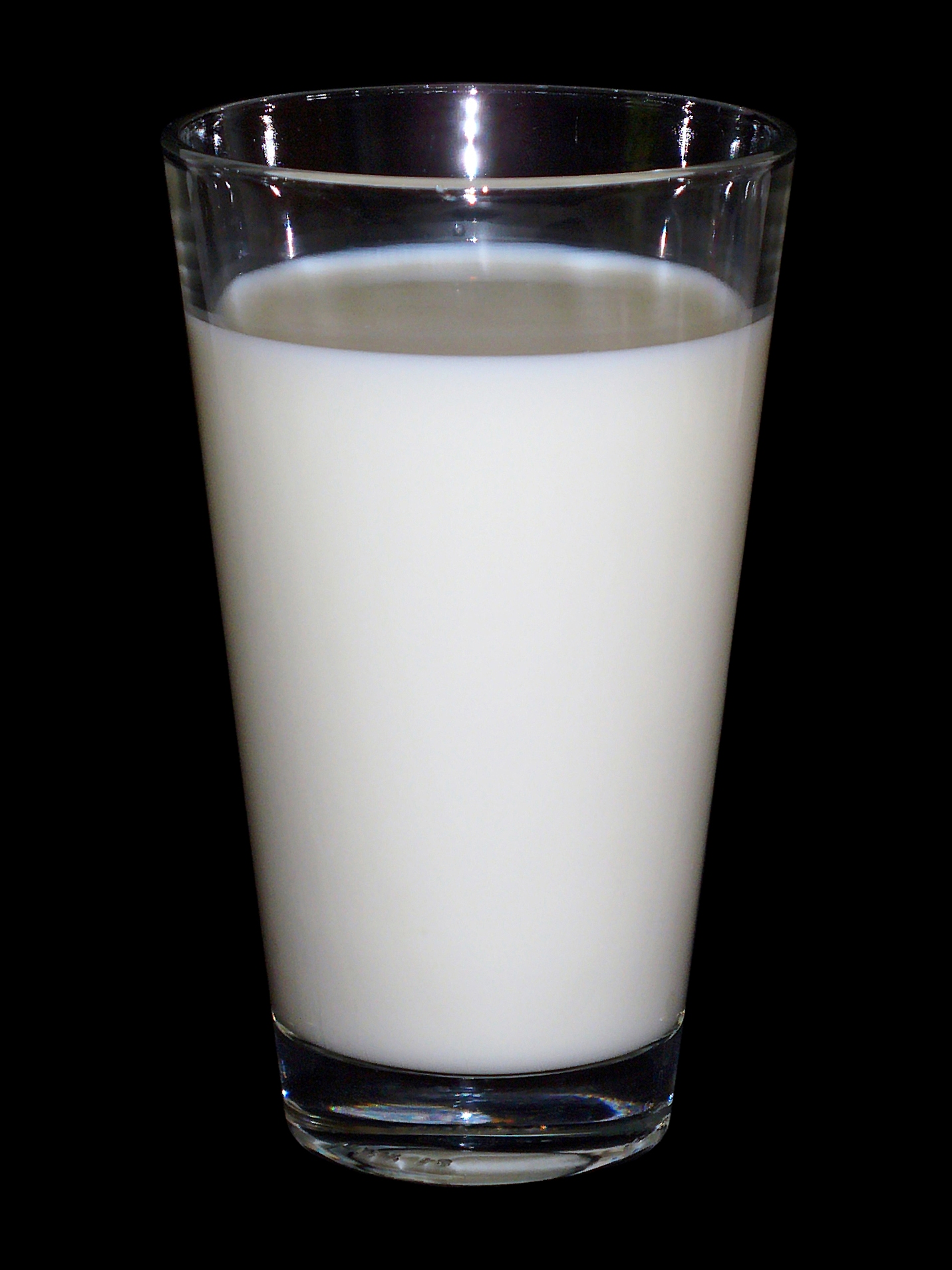
Healthy food or carcinogen? Opinions differ.
A neighbor told me, “one of my doctors was very adamant about not consuming dairy because the growth factor creates the right environment for cancer cells to multiply.” My reaction was “Whaaaat!??” From what I’ve been reading, dairy products decrease the risk of bowel cancer, may increase the risk of prostate cancer, and there is no strong evidence linking dairy to any other cancers. My neighbor is a woman, so prostate cancer is not an issue. I checked out various health, cancer, and vegan websites, and they pretty much confirmed what I thought. Did I miss something? Is there some new evidence that I haven’t heard about yet? Or did her doctor over-react? I decided to look again.
IGF-1 is insulin-like growth factor-1. Cows have been bred to produce more IGF-1, plus they are treated with hormones. Cow’s milk contains IGF-1, and blood levels may be higher in milk drinkers. PubMed lists numerous studies suggesting an association of higher blood levels of IGF-1 with various cancers, but the evidence doesn’t show that milk drinkers are actually more likely to develop those cancers. IGF-1 is produced in the human liver in considerably larger amounts than anyone is likely to get from dairy foods.
An article on Healthline says, “IGF-1 has been linked with an increased risk of prostate cancer. However, this may be a consequence of cancer rather than a cause… Keep in mind that most of the available evidence is based on observational studies, which provide suggestive evidence but not definite proof.” References are provided from what they consider to be trustworthy sources. Remember the difference between correlation and causation.
A new study published in February 2020 in the International Journal of Epidemiology found an association between high dairy intake and breast cancer. It found that women who drank the most cow’s milk per day had 50% increased risk for breast cancer compared with women who drank the least.
Medscape reported it in an article titled “New Study Suggests Milk Could Increase Breast Cancer Risk.” Note the careful language “suggests” and “could”. The new study was based on data from a long-running study of Seventh Day Adventists, whose other health practices might act as confounders and skew the data. An independent cancer scientist characterized the study as “provocative, but not enough to warrant a change in guidelines”. He pointed out that it was an observational study that can’t prove that cow’s milk causes breast cancer, and noted that the results were significant only for postmenopausal women and not for premenopausal women, and we know the incidence of breast cancer rises with age. Also, the associations were significant only for hormone receptor-positive cancers. He said the data must not be overinflated, and called for the study to be replicated. The Medscape article added that “Dairy has even been tied to decreased risk for breast cancer, according to the World Cancer Research Fund.”
The Medscape article referred to a review in The New England Journal of Medicine by Willett and Ludwig that I covered in my recent SBM post about the evidence on milk and health. That review essentially said the guidelines on milk consumption are not based on good evidence. Medscape interviewed Willett and quotes extensively from him and other scientists who agree with him. He does not say everyone should abstain from dairy because IGF causes cancer.
Conclusion: I’m not convinced
The observational studies looking for a correlation between cancer and consumption of dairy foods are far from definitive, and their conclusions are often conflicting. While there is legitimate concern about IGF-1, the evidence has not shown that fear of cancer is a good reason to avoid consuming dairy products. I think my neighbor’s doctor went way beyond the actual evidence and relied on speculation and an over-abundance of caution. The precautionary principle may sound like the safest approach, but often it isn’t: it can lead to unanticipated harms.
Disclaimer: I don’t drink milk because I don’t enjoy the taste, but I love cheese and yogurt and butter, and I don’t intend to reduce my consumption any time soon. If my doctor told me what my neighbor’s doctor told her, I would change doctors.

